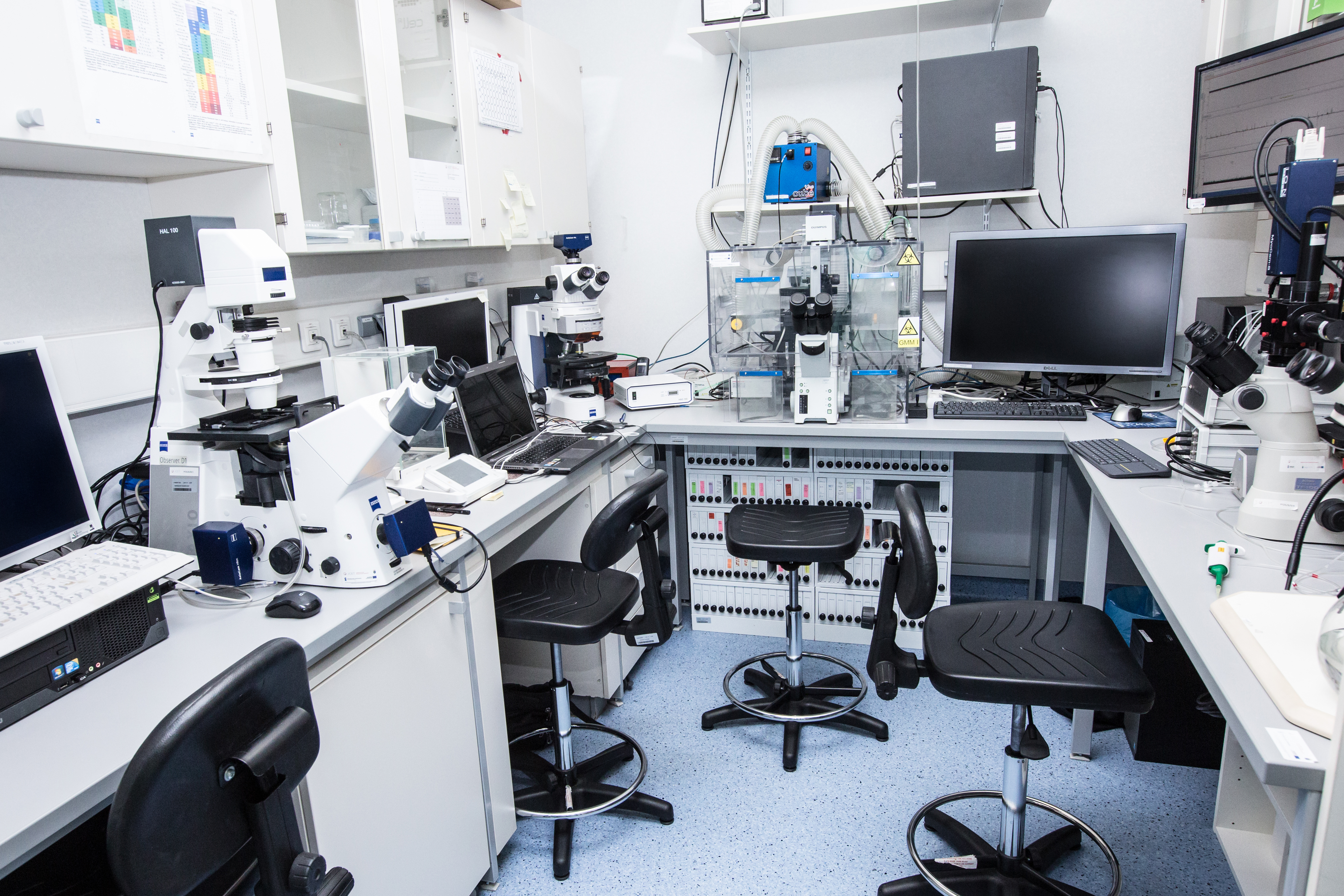Konwersatoria odbywają się o godz. 16:30 poprzez aplikację Webex (recording, privacy) i prowadzone są w języku angielskim.
Aby otrzymywać informacje o comiesięcznych konwersatoriach zarejestruj się pod linkiem.
Kontakt:
Maksymilian Szymczak
 Widok zawartości stron
Widok zawartości stron
Widok zawartości stron
Widok zawartości stron
 Widok zawartości stron
Widok zawartości stron
Widok zawartości stron
Widok zawartości stron
 Widok zawartości stron
Widok zawartości stron
Widok zawartości stron
Widok zawartości stron
Konwersatoria odbywają się o godz. 16:30 poprzez aplikację Webex (recording, privacy) i prowadzone są w języku angielskim.
Aby otrzymywać informacje o comiesięcznych konwersatoriach zarejestruj się pod linkiem.
Kontakt:
Maksymilian Szymczak
 Widok zawartości stron
Widok zawartości stron
Widok zawartości stron
Widok zawartości stron
Neurotransmitter receptors (NTRs) mediate synaptic transmission and are key proteins of the nervous system. Like most neuronal membrane proteins, these receptors are heavily glycosylated, i.e., modified by the covalent addition of complex sugars, glycans. In the mammalian brain, NTRs display atypical glycans that are usually not found on surface-expressed proteins in other cell types. The role of these atypical glycans in signal transduction and receptor dynamics is not yet understood, hindering the development of new therapeutic factors.
Our ongoing work suggests that glycans affect available NTR conformation, hinder interactions with specific pharmacological agents and modulate NTR diffusion at the neuronal surface, likely affecting receptor mechanics at multiple levels.
Within this project, you will work at the interface between computational biology, biophysics, and neurobiology to characterize the role of glycans in NTR dynamics and function. In close collaboration with experts in neuron cell biology, you will apply multi-scale physics-based computer simulations and develop new techniques to provide a better biophysical understanding of single-molecule tracking and electrophysiological experiments reporting on NTR activity and dynamics in distinct glycan backgrounds. As an active agent within 3 non-exclusive projects, you will:
The environment:
You will join the Dioscuri Centre for Modelling of Post-translational Modifications led by Mateusz (Matt) Sikora. Dr Sikora is an expert in computer simulations of biological systems with particular focus on glycosylation and other modifications of proteins. The Malopolska Centre of Biotechnology is a world-renowned research institute offering a supportive and interdisciplinary research environment at the international level. We offer very good financial conditions and a cooperative working environment with access to cutting-edge computing facilities. By joining the Centre, you will have an opportunity to be involved in joint scientific and networking activities together with the Theoretical Biophysics dept. at the Max Planck Institute of Biophysics in Frankfurt, Germany, led by prof. Gerhard Hummer, partner of the Centre.
The Malopolska Centre of Biotechnology and the Dioscuri Centre strive to ensure a workplace with equal opportunities. We celebrate diversity and are committed to creating an inclusive environment for all members irrespective of gender, nationality or disabilities.
Detailed terms and procedures of admission.
In the event of the persons referred to in Article 186, section 2 of the Act, two opinions confirming the high quality of their research work and the high level of advancement of such work, issued by: a research fellow holding at least the academic degree of doctor habilitated or being an employee of a foreign higher education institution or a research institution, that has significant achievements in academic issues related to the curriculum.
Any document submitted in a language other than Polish or English must be accompanied by a certified translation into Polish or English.
Higher education diplomas awarded abroad should:
Any document submitted in a language other than Polish or English must be accompanied by a certified translation into Polish or English.
Each doctoral student, including a foreigner, admitted to the doctoral school is obligatorily subject to health insurance if he/she is not covered by such insurance on other grounds (e.g. employment relationship, contract of mandate, business activity, insured as a family member under 26 years of age, as the spouse of an insured person). The health insurance contribution is paid by Jagiellonian University and is financed from the State budget. In addition, a doctoral student receiving a doctoral scholarship is subject to compulsory retirement and disability insurance and accident insurance.
A person admitted to the doctoral school begins education and acquires doctoral student rights upon taking the oath. The Department of Personal Affairs reports each doctoral student admitted to the School to compulsory health and social insurance at the commencement of education, i.e. from 1 October at the earliest. Until that time foreign candidates are obliged to cover the costs of insurance for the time of travel, treatment, etc. individually.


